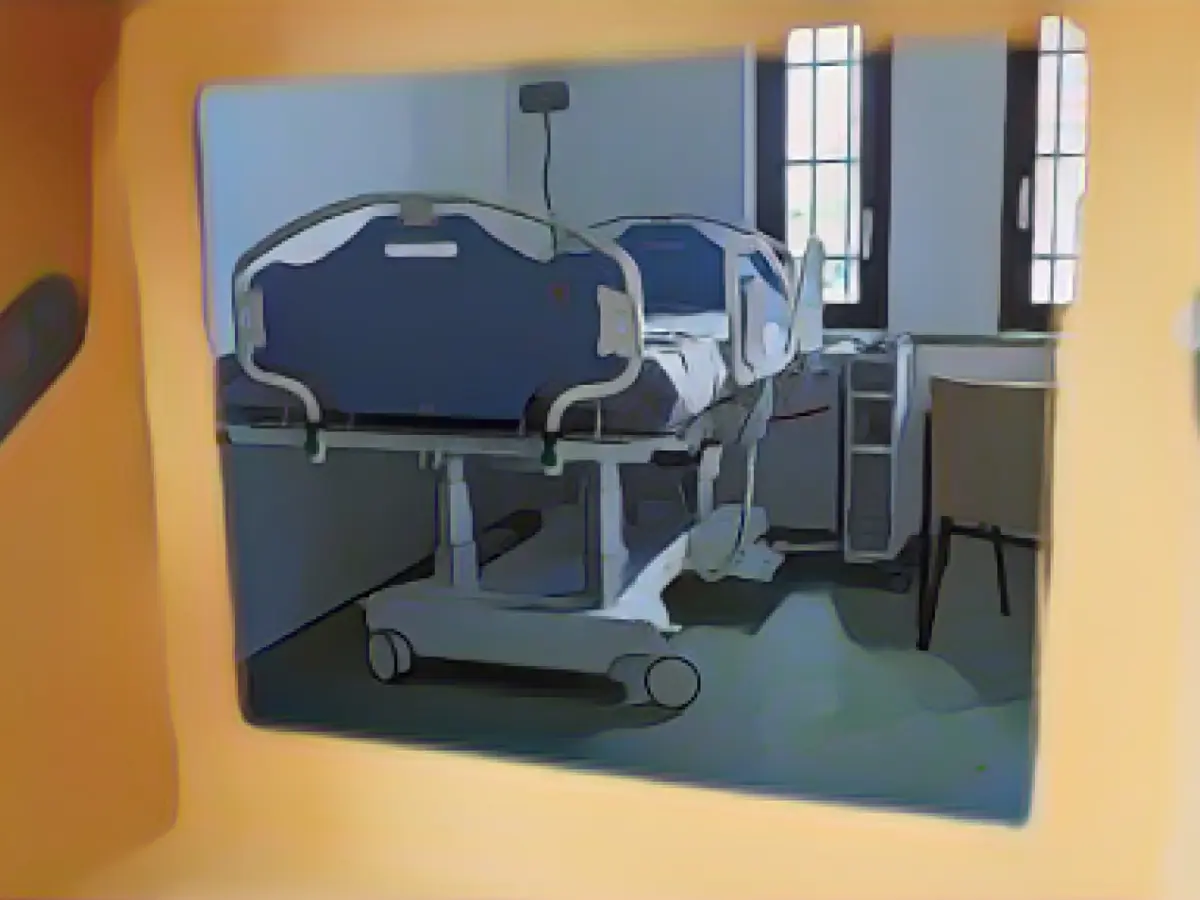Struggling to Fill Prison Doctor Positions Across Germany
Medical care in German prisons is under threat as numerous vacancies for prison doctors go unfilled. This alarming situation was highlighted by Berlin prison doctor Karlheinz Keppler during a conference in Frankfurt on December 7 and 8. The gathering, titled "Prison Medicine Days," brought together healthcare professionals from all over Germany.
The dearth of applicants for these vacancies poses a significant problem, with doctors being especially hard to come by, says Keppler. Consequently, they are often replaced by freelance staff, which tends to be more expensive and less equipped to handle the unique challenges of prison healthcare. Even nursing staff positions remain vacant in some instances.
The Challenges Ahead
The conference will delve into resilience, a crucial topic to help medical staff cope with the highly demanding—and often stressful—work environment in prisons.
Prison medicine, like in any other sector, faces its fair share of issues. Concerning health matters, two primary challenges crop up frequently: addiction and mental health problems. Keppler argues that a worrying third of male inmates and over half of female inmates grapple with intravenous drug addiction. Further, addiction isn't the only worry; other issues like alcohol abuse and their associated medical complications, such as hepatitis and HIV, add to the mix.
A Way Forward
Prison doctors play a pivotal role in society, often providing their patients with their first-ever opportunity to receive suitable medical care and social support. Releasing prisoners who receive treatment and become aware of their health issues leads to a more enlightened and healthy society, Keppler suggests.
Enrichment Insights
- Prison healthcare faces numerous challenges, including a stigma associated with working in such facilities, a lack of specialized training for doctors, and the dual loyalty problem.
- Prison populations are especially susceptible to infectious diseases and mental health issues, which necessitates specialized care.
- Women in prison often have specific needs related to menstruation, pregnancy, post-partum health, contraception, and menopause.
- The increasing number of prisoners, coupled with overcrowding, worsens health risks.
- Guidelines for health checks, testing for hepatitis B, hepatitis C, and HIV have been established, but their implementation is complex and challenging.
[1]
[2] Public Health England. (2017). Reducing health inequalities and improving health outcomes for the prison population—An overview of evidence. Retrieved from






